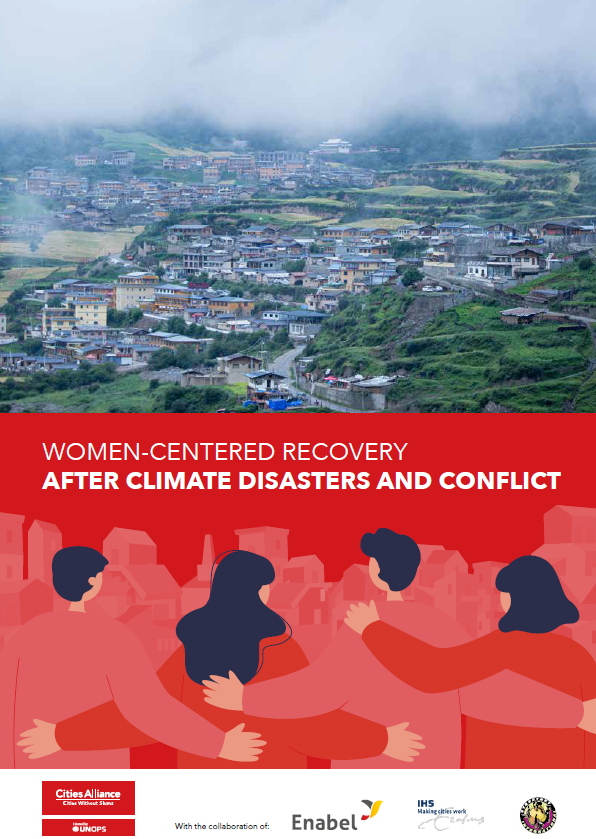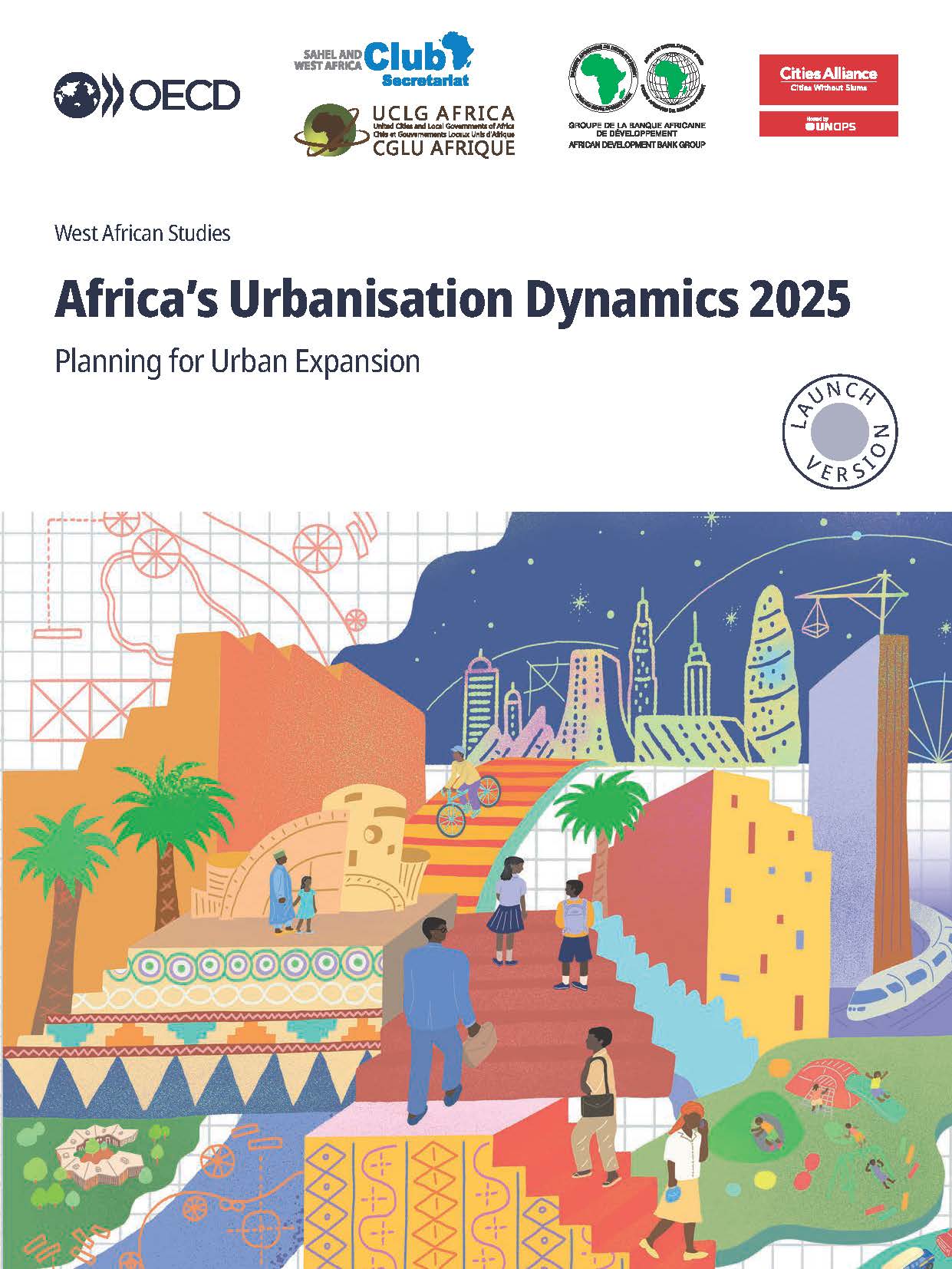- Who We Are
- How We Work
- Regional / Country Initiatives
- Legacy
- Core Themes
- Working Groups
- Portfolio & Results
- Newsroom
- Resources
Community-led Solutions for Building Resilience in Informal Settlements
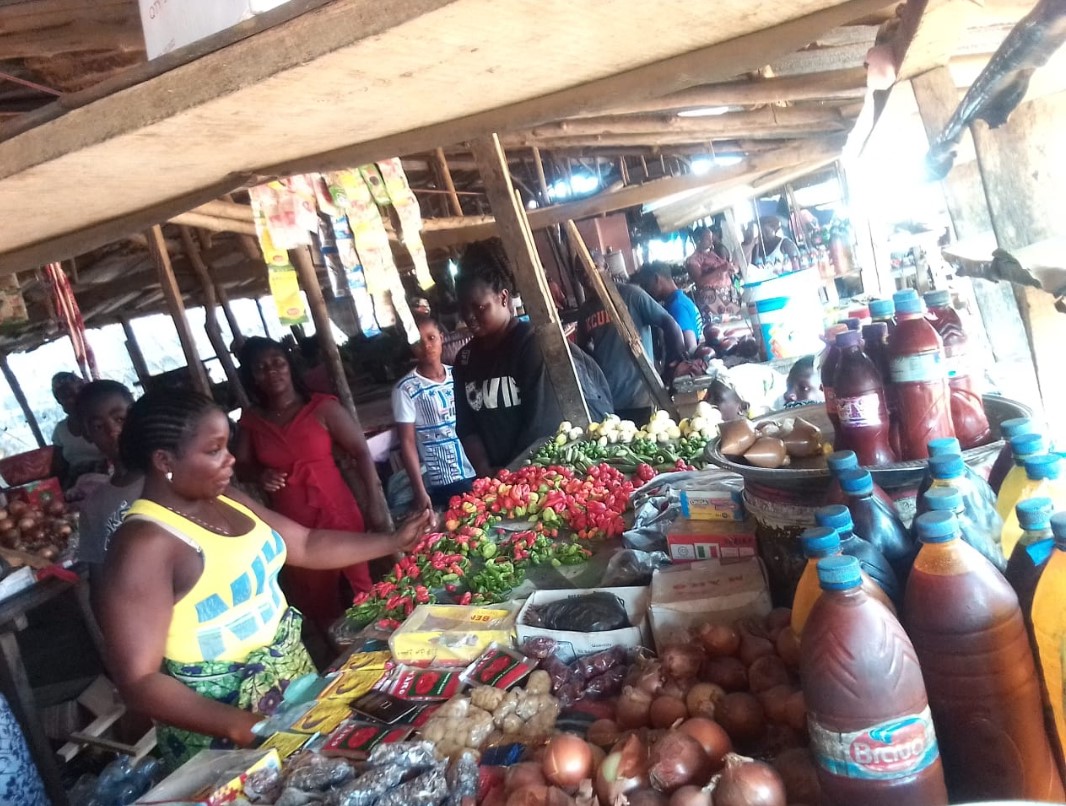
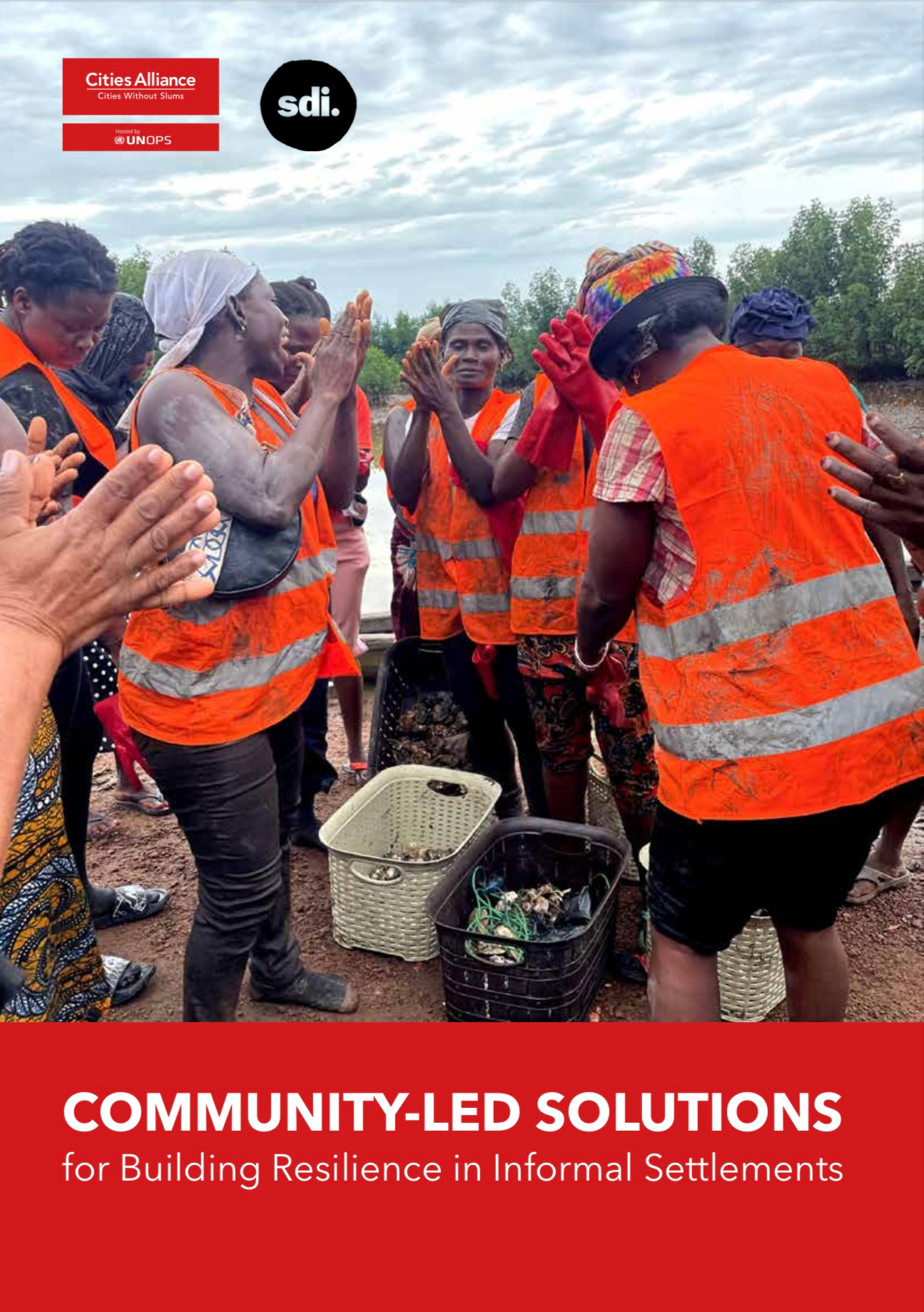
Community-led Solutions for Building Resilience in Informal Settlements is the final publication taking stock of the outcomes of the three-phase Building Resilience in Informal Settlements programme, funded by the Swedish International Development Cooperation Agency (Sida) and implemented in partnership with Slum Dwellers International (SDI).
The programme was carried out between 2020 and 2024. It supported organised slum dweller organisations and communities in 16 countries across Africa, Asia and Latin America in building resilience.
Launched in response to the COVID-19 pandemic, the initiative targeted longstanding unresolved factors such as urbanisation, informality, global and local inequalities, and increasing climate change risks.
This publication focuses on the results achieved during the second and third phases.
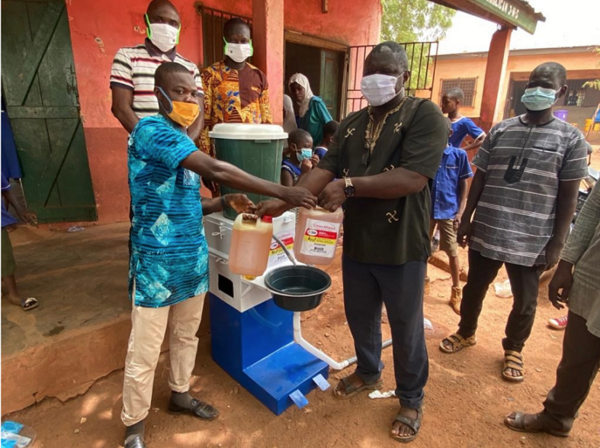
Programme Outcomes
Improved access to essential services in slum settlements
Enhanced economic livelihoods among slum dwellers
Strengthened climate change adaptation in informal settlements and cities
Increased strategic influence and amplification of slum dwellers' voices
Improved collaboration between slum dwellers and the government in planning and implementing citywide development
Strengthened social cohesion in informal settlements
Expanded pro-poor, citywide, data-driven development approaches
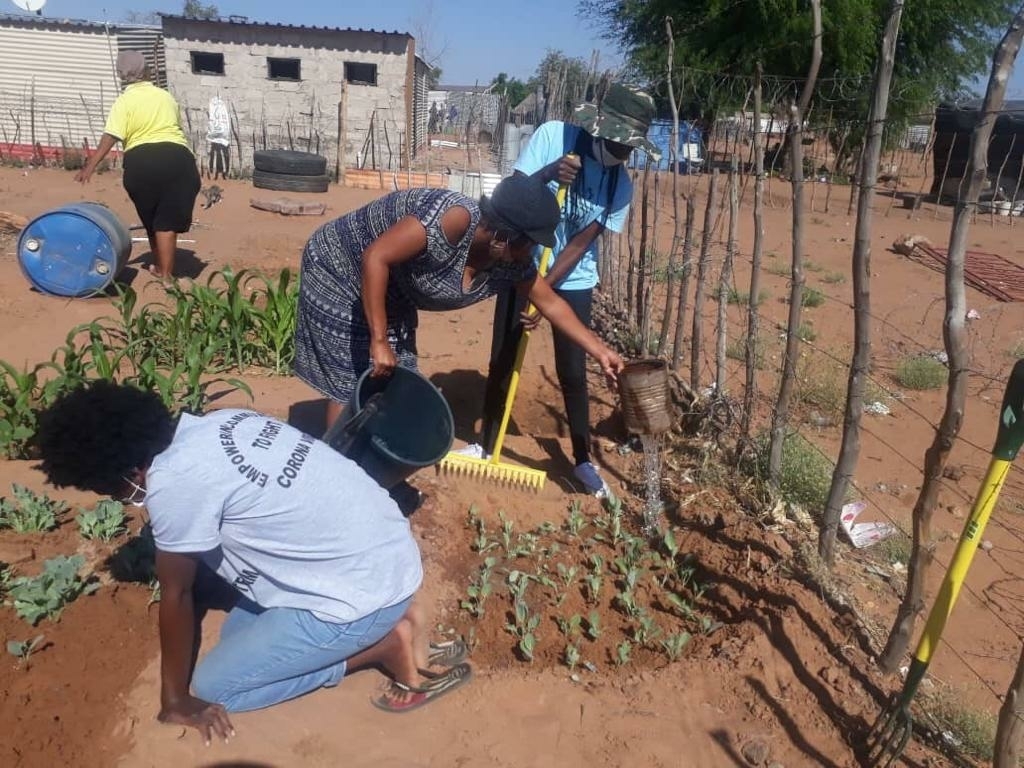
The examples in this publication demonstrate how organised slum dwellers can be active partners in building inclusive, resilient cities. Informal communities understand their needs best and can drive sustainable local solutions, especially during times of crisis. Yet, slum dwellers are often marginalised in the city, with their voices and needs going unheard.
In this programme, SDI federations led inclusive projects that created meaningful engagement with communities, local governments, and other relevant stakeholders. These projects directly benefited the communities involved. During the COVID-19 pandemic, the federations were critical players in building community resilience, ensuring that information and services reached the most vulnerable. At the same time, they developed longer-term strategies to address community needs, such as social safety nets, livelihood opportunities and basic service provision.
To build resilient cities, organised urban poor communities must be at the centre of long-term development initiatives.
A mobilised and empowered urban poor constituency can actively engage in city development, facilitate collective action, and reduce vulnerability to future shocks. Federations of the urban poor help enable this transformation and are essential to inclusive city development.
Taking it further
Organised urban poor communities are uniquely positioned to lead local climate action in their cities and settlements, as also highlighted in our recent publication, Slum Upgrading is Climate Action. Many of their innovative and community-led climate responses are replicable and provide the foundation for city-scale transformation.
However, additional financing will be critical to scale these efforts and achieve the full potential of community-led citywide climate action. Despite the urgency, the funding gap is growing as underlined in our report, Climate Finance for the Urban Poor: A Review of Global Climate Funds. The publication revealed that only 3.5 per cent of global climate finance has been allocated to projects that include the urban poor.
SDI's experience with testing and adapting various funding mechanisms at the community, city, and national levels offers an invaluable resource in efforts to unlock financing for locally led adaptation.
About the programme
The first phase (2020-2021) supported civil society groups to respond to the immediate social, economic, and health impacts of the pandemic in informal settlements. It focused on addressing urgent community needs and fostering more inclusive partnerships for city planning.
The second phase (2022-2024) promoted community-led urban development interventions and strengthened the institutional capacity of SDI-affiliated slum dweller organisations. Interventions focused on recovery and rebuilding efforts identified and prioritised by the communities themselves to increase their resilience to future shocks and stresses.
The third phase (2024) focused on locally led climate adaptation. It supported SDI affiliates to strengthen their work on sustainability, with a focus on climate change adaptation and innovation led by women and youth.

